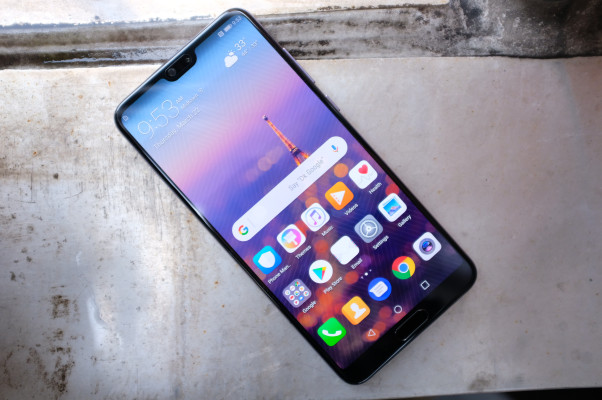
Huawei is readjusting its approach the the U.S. In an annual meeting in Shenzhen, the company asserted its commitment on existing customers and markets. It’s a shift in focus for a company that has been aggressively targeting new territories, looking to expand its position as the world’s third largest smartphone manufacturer.
It’s understandable, of course. There are some opponents not even a behemoth like Huawei is likely to overtake, the United States government chief among them. This year has been a succession of rained on parades for Huawei. At CES in January, the company had a long-awaited carrier deal pulled out from under it, just before taking the stage. That left mobile chief Richard Yu fuming in off-script remarks as the event drew to a close.
Late last month, as the company was planning to announce a new high power flagship, news got out that Best Buy was planning to phase out its Huawei stock. The timing of the two announcements led to some fairly awkward press briefings in both cases. Best Buy and AT&T’s cold feet are understandable, of course, as top U.S. intelligence agencies have repeatedly warned against buying the company’s products over spying concerns.
Huawei, for its part, is clearly positioning this as the story of a company that’s caught in the crossfires of escalating tensions between two global superpowers — a point of view that likely contains at least a kernel of truth. As rhetoric ramps up between the U.S. and China through trade tariffs and angry tweets, this whole is likely to get worse before it gets any better.
Eric Xu, who is one a trio of rotating CEOs that make up the company’s unique upper echelons, said in the meeting, “It is beyond myself to clearly explain what is going on between the two countries.”
As The Wall Street Journal notes, Huawei recently laid off five U.S.-based employees, including a senior spokesperson who repeatedly and regularly went to bat for the company. We’ve reached out to Huawei for comment, and will update as soon as we hear back.
For now, it seems like a stark contrast to Yu’s reaffirmation of the company’s commitment to the U.S., when he told the press, “We are committed to the U.S. market and to earning the trust of U.S. consumers by staying focused on delivering world-class products and innovation.”
This latest comment sounds a bit more bleak — understandably so. The U.S. is a tough market to conquer, even when the government isn’t actively working to dissuade people and agencies from buying your product.


